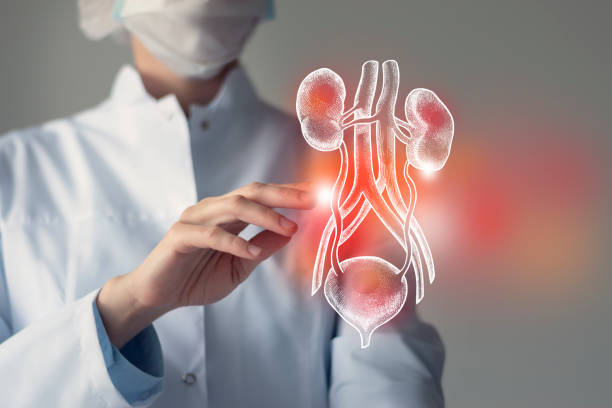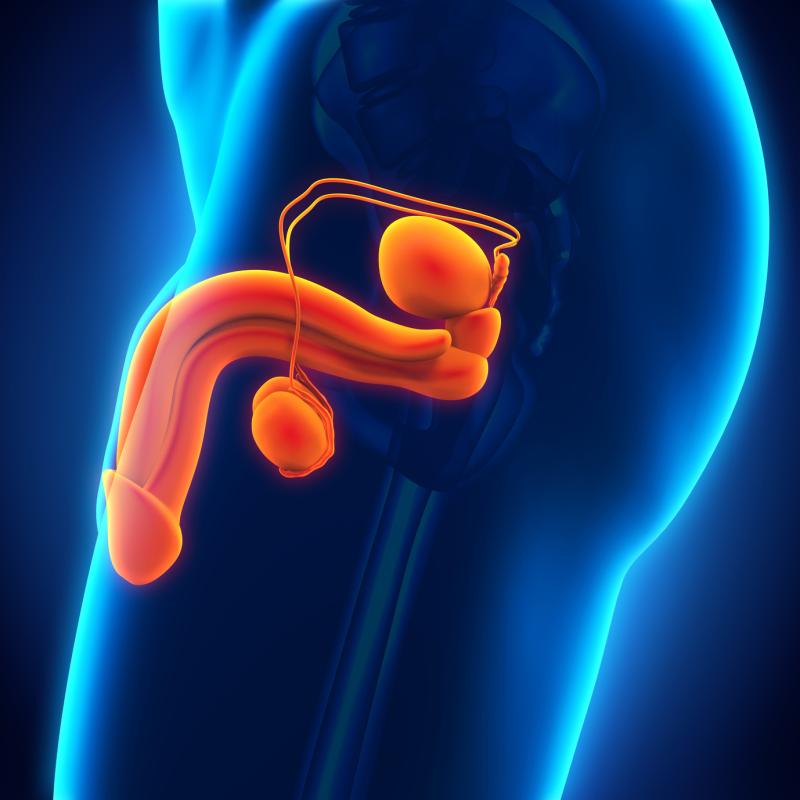Kidney Stone Surgery
It is the process of surgically removing stones formed in the kidneys. It is usually performed by laparoscopic or open surgical methods. It is important to remove stones as they can cause urinary tract obstruction and cause pain. kidney stone surgeryIt may vary depending on the size and location of the stones and the general health condition of the patient. After the operation, it is necessary to follow the recovery process of the patients. It is also important to take precautions against urinary tract infections.
In Which Situations Is Kidney Stone Surgery Performed?
Kidney stones can cause severe pain when they move from the kidneys to the urinary tract. These pains usually start in the kidney area and can spread to the groin, genital area or lower back. Pain can be very severe and interfere with the patient's normal activities. Stones can cause obstruction in the urinary tract. In this case, urine flow may be blocked and kidney functions may be affected. The risk of infection may also increase as a result of urine leaking back. It may cause infections in the urinary tract. These infections can recur and cause damage to the kidneys.
Surgery may be necessary to prevent recurrent infections. Sometimes kidney stones can be very large and cannot pass naturally through the urinary tract. In this case, to remove the stone kidney stone surgery It may be necessary. Kidney stones can sometimes cause serious pain and complications. For example, conditions such as kidney failure may occur. Surgery can help prevent or treat these complications. Because every patient situation is different, it is important to consult a doctor to determine whether surgery is necessary. The doctor will evaluate the patient's condition and recommend the most appropriate treatment option.
Kidney Stone Surgery Stages

The method to be used to remove kidney stones is determined depending on the size and location of the stone and the patient's condition. The access route is one of the methods such as open surgery, percutaneous nephrolithotomy, and ureteroscopy. During surgery, the doctor uses the appropriate method to remove or break the stones. The procedure involves the use of surgical instruments and energy sources such as laser and ultrasound. It is also achieved through methods such as breaking stones via a shock wave lithotripsy device. Kidney stones are broken or removed during surgery. Then, the crushed stones are broken into small pieces and brought to a size that can be expelled naturally. When the operation is over, the surgical area is closed. If necessary, drainage or other supporting devices may be placed.
In the post-operative period, the patient's recovery process is monitored. The recovery process varies depending on the patient's type of surgery and general health condition. The doctor can prescribe appropriate medications. He or she can give the patient advice about postoperative care. Additionally, postoperative follow-up appointments are arranged and radiological imaging tests are performed if necessary. Since every patient's situation is different, kidney stone surgery The process can be customized for each patient. details may vary. Therefore, a thorough understanding of the surgical process is required. It is also important to contact the doctor when necessary.
Things to Consider After Kidney Stone Surgery

Try to urinate frequently and pay attention to your genital hygiene. Use the medications recommended by your doctor regularly to manage post-intervention pain. Take pain medications as needed. Limit physical activities as directed by your doctor. Stop it completely for a certain period of time. Avoid heavy lifting, sudden movements and excessive exercise. If you have any signs of complications or concerns, contact your doctor immediately. Every patient is different. The specific instructions to follow during the postoperative period depend on the doctor. kidney stone surgery It is important to stay in regular contact with your doctor afterwards.






